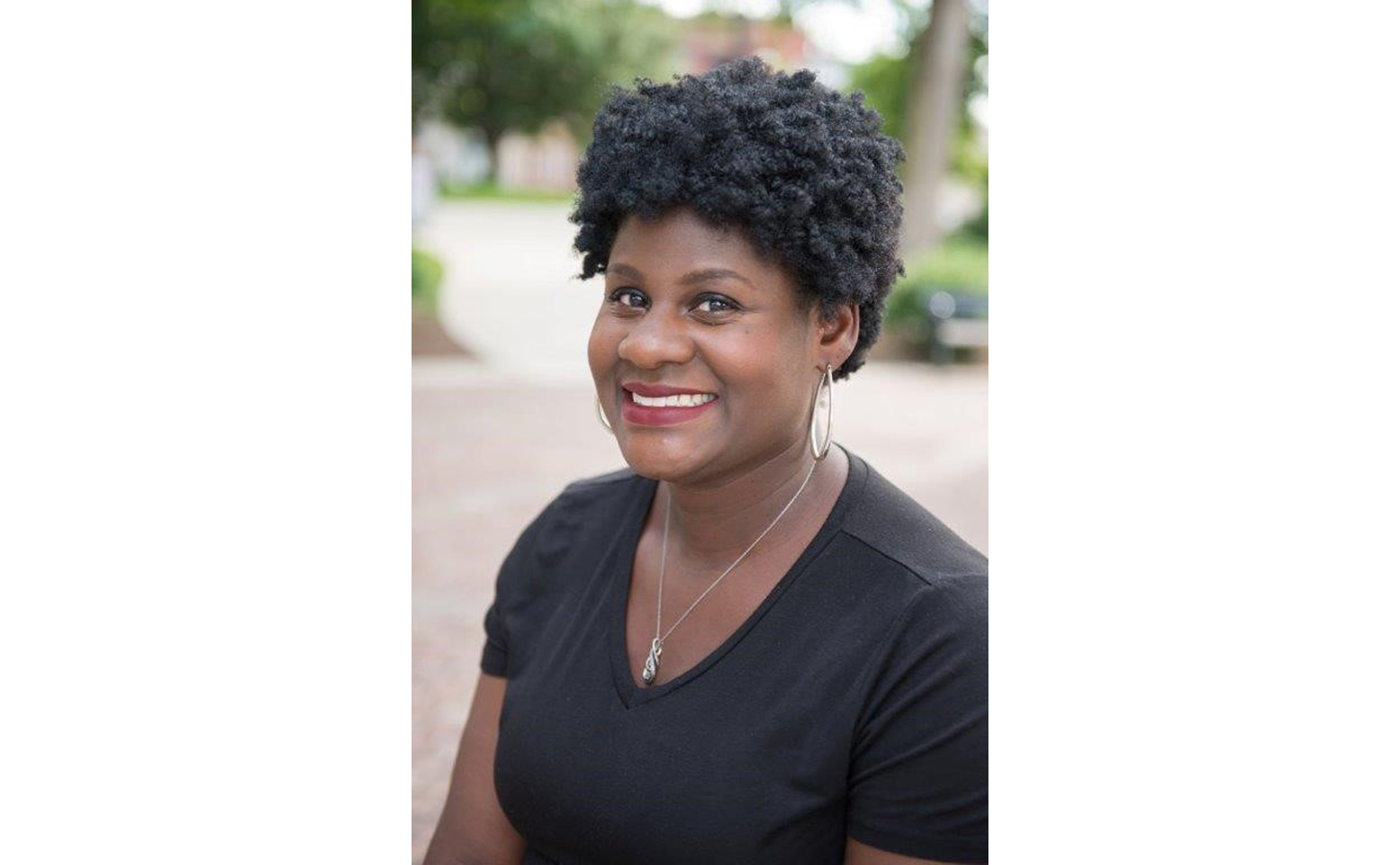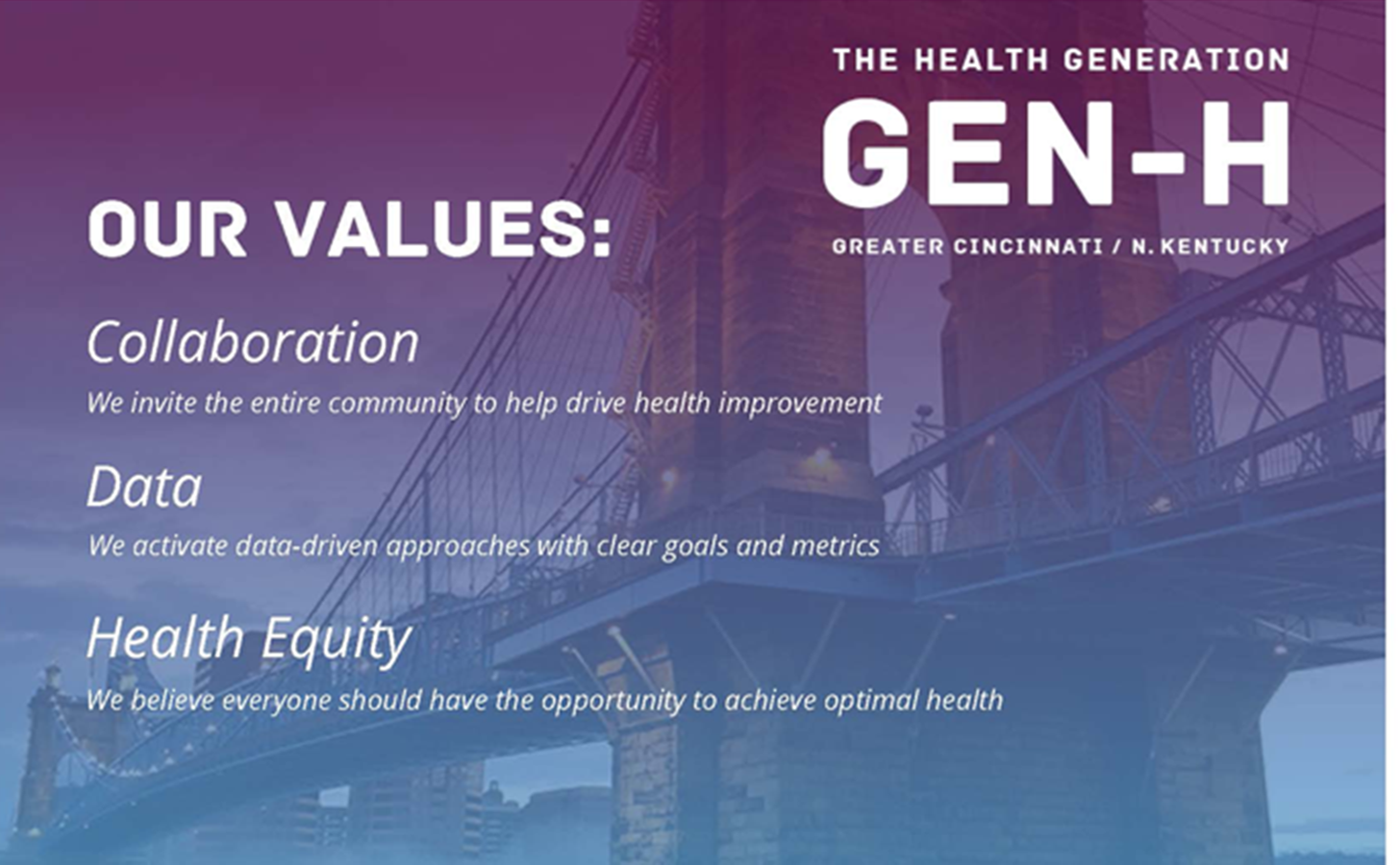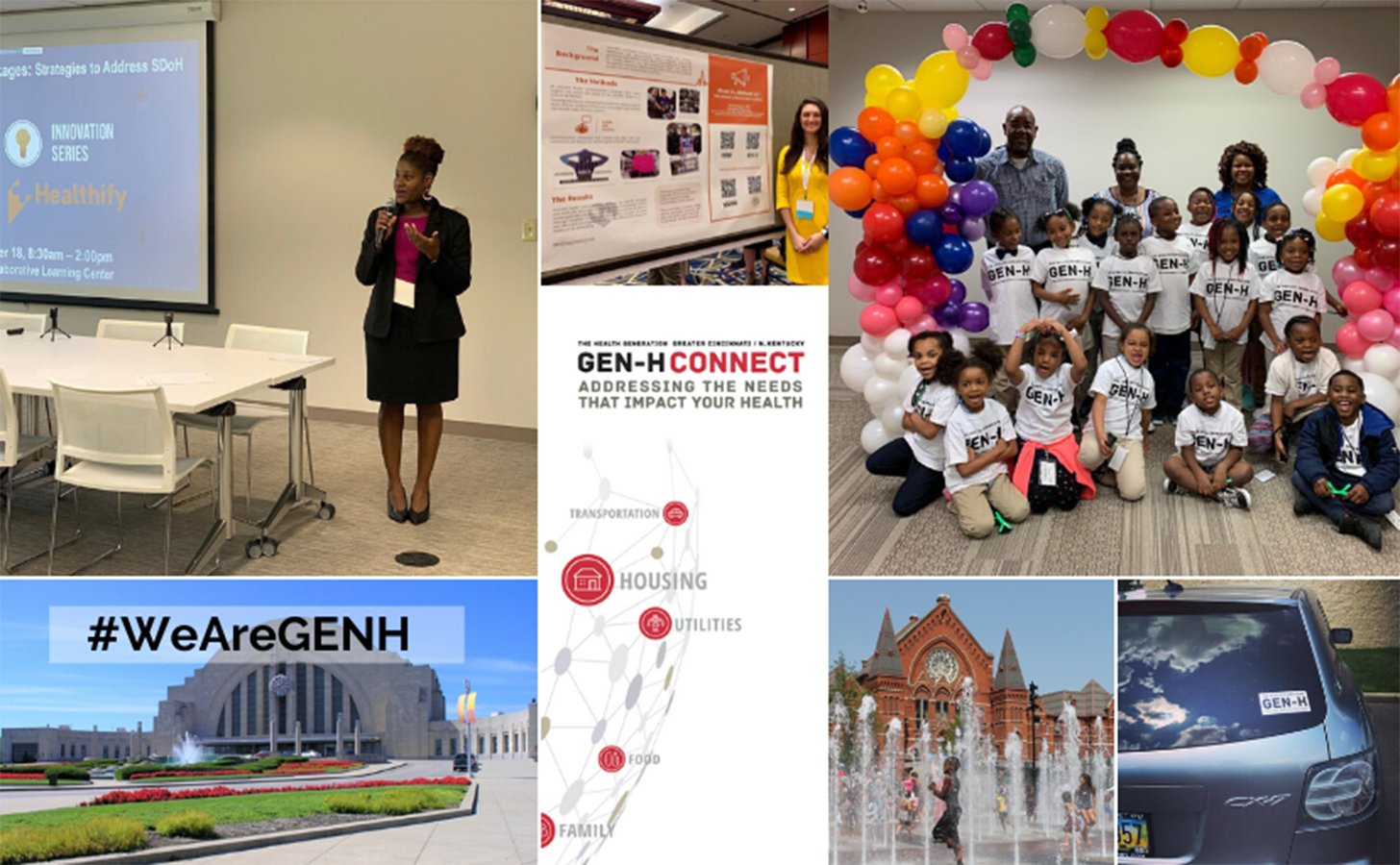Earlier this summer we embarked on the PatientPoint George Floyd Project with the bold mission to make every Black community where we live and work better.
We’re listening, learning and leaning in to help build communities where every Black individual will be free from the barriers that inhibit them from achieving their goals and aspirations.
Patients are at the center of everything we do, so healthcare is naturally a large focus of the George Floyd Project. We’re committed to leveraging our health literacy and patient engagement expertise and collaborating with community organizations and health centers to reduce health disparities and inequity.
One such partner is The Health Collaborative, a nonprofit based in our headquarters’ hometown of Cincinnati invested in the triple aim of healthier people, better care and lower cost. Its services include a robust set of improvement-oriented benefits to its membership, which includes 30 hospital and health systems, 150 long-term care facilities and more than 100 business partners.
On July 22, we handed over our social media channels for the day to The Health Collaborative’s GEN-H community-wide health improvement initiative. The takeover was part of #SharetheScope, a one-day social media campaign designed to amplify organizations and influencers tirelessly working to affect change on health issues and disparities facing the Black community.
As a continuation of #SharetheScope, we recently sat down with GEN-H Executive Director Kiana Trabue, MPH, to learn more about the powerful work they’re doing to address the health disparities facing the Black community:

Who is Gen-H?
Gen-H, short for Generation Health is a systems-level health initiative to make Cincinnati healthy by design. Through collaboration, education and advocacy, we are dedicated to ensuring everyone has the opportunity to be healthy.
Gen-H is all of us coming together to improve the health of ourselves and our neighbors.

What does it mean for EVERYONE to be connected to quality, affordable healthcare?
This means no one is left behind. In order for that to happen, we must work to achieve health equity. Health equity is where everyone has a fair opportunity to achieve their highest potential for health.
Health equity is accomplished by removing obstacles that prevent individuals and communities from attaining optimal health, which include access to quality, affordable healthcare and eliminating socioeconomic barriers, or social determinants of health which limit access to healthy food, housing and transportation.
Creating access to quality, affordable healthcare includes four components:
- Health Insurance Coverage: This facilitates entry into the healthcare system. Uninsured people are less likely to receive medical care and more likely to have poor health status.
- Services: Having a usual source for healthcare is associated with adults receiving recommended screening and prevention services/li>
- Timeliness: Ability to provide healthcare when the need is recognized
- Workforce: Capable, qualified, culturally competent providers
What are social determinants of health and why are they so important?
Conditions in the places where people live, learn, work and play affect a wide range of health risks and outcomes. These social and economic conditions are known as social determinants of health (SDOH).
We know that poverty is both a cause and consequence of poor health. Poverty limits access to healthy foods, transportation and safe neighborhoods. We also know education is a predictor of better health. We also know that differences in health are striking in communities with poor SDOH such as unstable housing, low income, unsafe neighborhoods or substandard education.
By applying what we know about SDOH, we can not only improve individual and population health but also advance health equity.
How is Gen H trying to improve health equity here in Greater Cincinnati?
Gen-H is focused on convening and aligning the region’s collective efforts to improve health by focusing our actions on policy, systems, environmental strategies, health-related social needs and social determinants of health.
Our initiatives include:
GEN-H Connect/Accountable Health Communities
- Identifying health-related social needs at point of care
- Connecting patients to resources and navigation services to address their needs
- Serving to reduce total cost of care and unnecessary healthcare utilization
Gen-H Engage
- Coordinating and connecting neighborhood learning collaboratives
- Providing needed data and convening support to health improvement efforts
- Current communities: Norwood, Ohio, and Covington, Kentucky
Regional Community Health Improvement
- Shared health agenda among health systems and health departments (CHNA)
- Connecting health systems’ community benefit leaders to community organizations
- Accelerating health systems’ shared aim of reducing health disparities
- Most pressing needs include: substance abuse, mental health, chronic disease
Social Determinants of Health
- Leveraging data to support policy, systems and environmental change strategies
- Addressing food insecurity with Greater Cincinnati Regional Food Policy Council
- Addressing transportation with Home52 of Council on Aging
Community Health Advocacy
- Partnering with All In Cincinnati on strategic plan with equitable community health policy
- Endorsing local policies including Issue 7 and Tobacco 21
Equitable Strategies in COVID-19 Response
- Supporting our region’s response efforts with the Disaster Preparedness Coalition
- Leading workgroups that center health equity including Equitable Strategies and Community Testing groups
What can each of us do to make health a value we all share?
Making health a value we all share is about supporting and encouraging social connectedness and emphasizing how important it is to recognize the roles that individuals, families and communities play in improving the health of the community.
When people are able to prioritize health in individual, personal decision-making and in advocating for public policy—health and well-being for all can become a reality both locally and nationwide.
Through an increased sense of community, intentional civic engagement and awareness of how your own health affects others we can make health a value we all share and we can achieve health equity.
For more information on Gen-H or to get involved, contact GenH@healthcollab.org.

